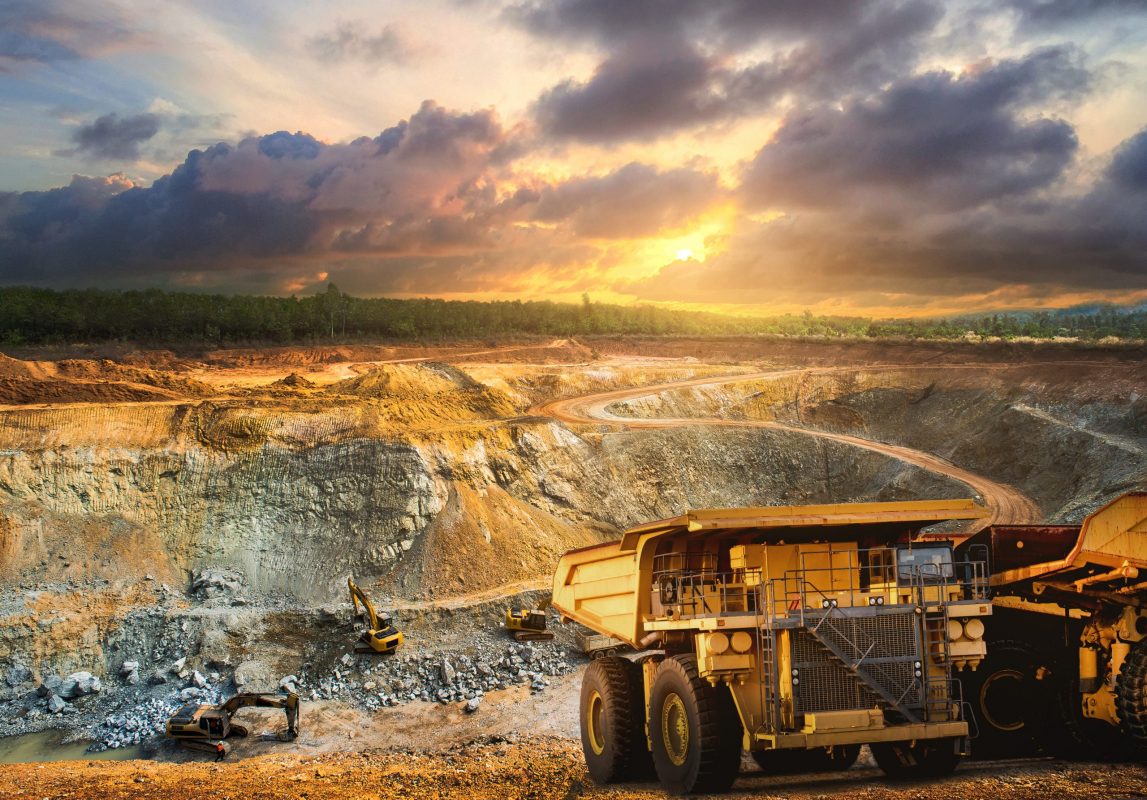A new report questions demand assumptions and advocates for more environmentally friendly solutions.
The Sydney-based Jubilee Australia Research Centre has released a new report that questions the necessity of additional mining projects in Australia and the bordering regions. The report challenges projections of the global demand for critical minerals that prompted a new global mining boom as countries try to decrease their dependency on industry-leader China. Australia has become a country of interest for international investors but according to Jubilee, the consequences for the ecosystems, especially for those communities living in close proximity to the deposits, are often ignored. The research center examines environmental impacts and climate change consequences on communities in the Asia-Pacific region.
The new report urges the Australian government to reform its critical mineral policies and provides policymakers with recommendations: The demand for critical materials must be questioned, the environmental impact of mining critical minerals must be investigated, recycling must become the norm for electric vehicle batteries, and Australia must use its leverage as a resource provider and highlight the risks of over-extraction and contamination in bilateral and multilateral meetings with international partners.
Australia has vast amounts of natural resources. The biggest country in Oceania is the largest producer of lithium and a leading producer of cobalt and rare earth elements (REE). Australia also has the largest nickel reserves in the world and sizable copper and manganese reserves. These critical minerals are central to electromobility and clean energy. Australia is therefore at the forefront of the efforts to weaken China’s monopoly. The Jubilee report acknowledges Australia’s growing importance but tries to provide guidelines to balance the economical benefits with the environment.
Photo: iStock/jamesjuntree


